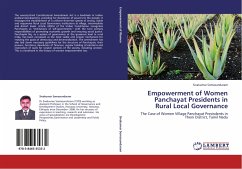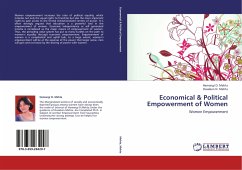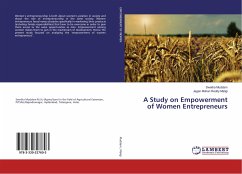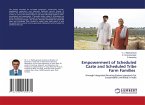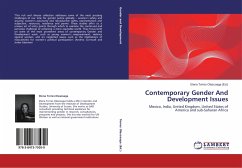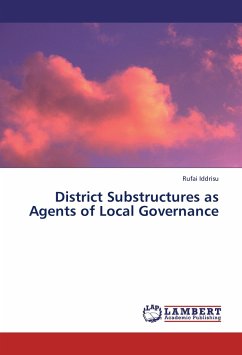The seventy-third Constitutional Amendment Act is a landmark in Indian political development, providing for devolution of powers to the people. It envisages the establishment of a uniform three-tier system of strong, viable and responsive Rural Local Governance institutions at village, intermediate and district levels. Article 243(G) of the Indian Constitution recognizes Panchayats as institutions of self-government, with the twin primary responsibilities of promoting economic growth and ensuring social justice. Panchayati Raj, as a system of governance at the grassroot level in rural India, has been conceived as the most viable and proper mechanism for realizing the goals of democracy and decentralization. The amendment has also laid down necessary guidelines for the structure of Panchayats, their powers, functions, devolution of finances, regular holding of elections and reservation of seats for weaker sections of the society, including women. This is a landmark in the history of women empowerment too.
Bitte wählen Sie Ihr Anliegen aus.
Rechnungen
Retourenschein anfordern
Bestellstatus
Storno

